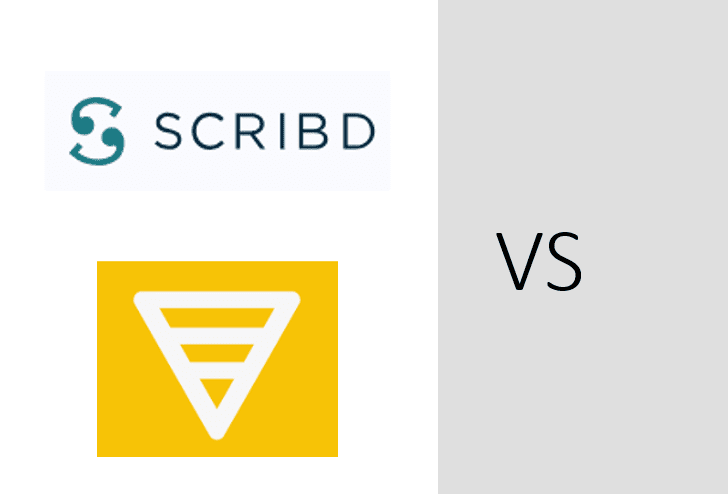Top 7+ Time Management Tools Skyrocket Productivity

Welcome to our comprehensive guide on boosting productivity with time management tools. Effective time management and staying organized are crucial in today’s fast-paced world. With the constant demands of tasks, deadlines, and responsibilities, it’s common to feel overwhelmed and struggle with productivity. However, fear not! Numerous time management tools are available to help you regain control of your time and increase your efficiency.
From simple to-do lists and calendars to sophisticated project management software, there are a plethora of options to choose from based on your specific needs and preferences. This guide will explore different types of time management tools and their features, benefits, and best use cases. If you’re looking to improve your professional or personal life, these tools can significantly impact how you manage your time and achieve your goals.
We’ll delve into the world of time management tools and provide practical tips and strategies on how to effectively implement them into your daily routine. You’ll learn how to choose the right tool for your needs, set it up to suit your preferences and establish effective time management habits. We’ll also discuss the advantages of using time management tools, such as increased productivity, reduced stress, improved work-life balance, and enhanced overall performance.
So, if you’re ready to take control of your time and boost your productivity, let’s dive into the world of time management tools and explore exactly how much time they can help you achieve your desired outcomes more efficiently!
Understanding Time Management

Definition of Time Management
Time management refers to the practice of managing and utilizing time effectively to achieve desired outcomes. It involves consciously allocating and prioritizing tasks, activities, and responsibilities to optimize productivity and minimize wasted time. Time management is not about trying to cram as many tasks as possible into a day, but rather about making intentional choices about how to use time wisely and efficiently.
Key components of a time management system include planning, organizing, prioritizing, and executing. Planning involves setting goals, creating schedules, and determining the most efficient way to allocate time to different tasks. Organizing involves arranging tasks, resources, and information in a systematic manner, so that they are easily accessible and can be effectively managed. Prioritizing involves determining the importance and urgency of tasks and assigning them appropriate priority levels. Finally, executing involves taking action and implementing the planned tasks in a focused and disciplined manner.
Benefits of Effective Time Management
Effective and efficient time management brings numerous benefits that can greatly enhance an individual’s personal and professional life.
Increased Productivity and Efficiency
By managing time effectively, individuals can accomplish more tasks in less time. Proper planning, prioritizing, and organizing can streamline workflow, reduce wasted time, and optimize productivity.
Reduced Stress and Improved Work-Life Balance
Time management helps individuals avoid feeling overwhelmed and stressed by providing a structured approach to managing tasks and responsibilities. By properly allocating time for work, personal activities, and leisure, individuals can achieve a better work-life balance, reducing stress and promoting overall well-being.
Enhanced Focus and Concentration
Proper time management helps individuals stay focused on their tasks, reducing distractions and interruptions. This allows individuals to work with heightened concentration and achieve better results in less time.
Achievement of Personal and Professional Goals
Time management enables individuals to prioritize and work towards their goals effectively. By aligning their time with their priorities, individuals can make steady progress towards their personal and professional objectives, leading to a sense of accomplishment and fulfilment.
Time Management Tools
Overview of Different Types of Time Management Tools
Time management tools are designed to help individuals effectively plan, organize, and manage their time. Various types of time-management tools and techniques are available, each serving a specific purpose in enhancing productivity and efficiency. Some of the commonly used time management tools include:
Task Management Tools
These tools are designed for organizing and prioritizing tasks. They provide features like task lists, labels, and reminders, allowing users to create and manage tasks in a structured manner.
Time Tracking Tools
These tools help users monitor and analyze the time spent on different tasks and projects. They can track time automatically or manually and provide insights on time utilization, helping users optimize their productivity.
Project Management Tools
These tools are ideal for managing complex projects and tasks for larger teams. They offer project planning, task assignments, progress tracking, and collaboration features, making them suitable for team-based projects.
Calendar and Scheduling Tools
These tools are designed for planning and organizing time. They offer features like event scheduling, reminders, and calendar syncing, helping users stay on top of their appointments and commitments.
Note-taking and To-Do List Tools
These tools are perfect for capturing and managing tasks, ideas, and notes in a centralized location. They offer features like note-taking, task lists, and reminders, making them ideal for personal and professional use.
Detailed Description of Popular Time Management Tools
Task Management Tools
Trello
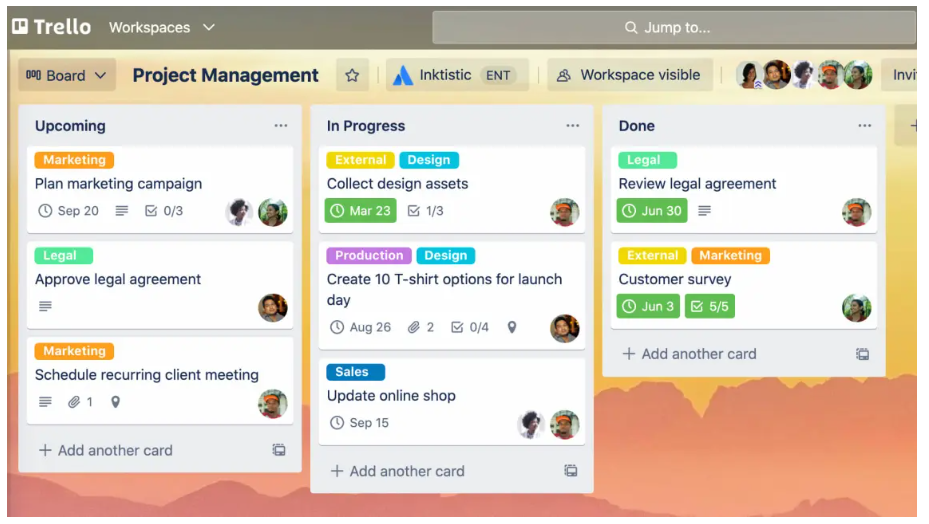
Trello is a visual task management tool that uses boards and lists to organize tasks. Users can create boards for different projects or areas of work, and add tasks as cards to lists within those boards. Trello offers features like due dates, labels, attachments, and comments, making it a versatile tool for managing tasks and projects.
Todoist
Todoist is a feature-rich task management app that allows users to create tasks, set due dates, add labels, and organize tasks into projects and sub-tasks. It also offers features like reminders, comments, and integrations with other productivity tools, making it a powerful tool for managing tasks and projects.
Time Tracking Tools
Toggl
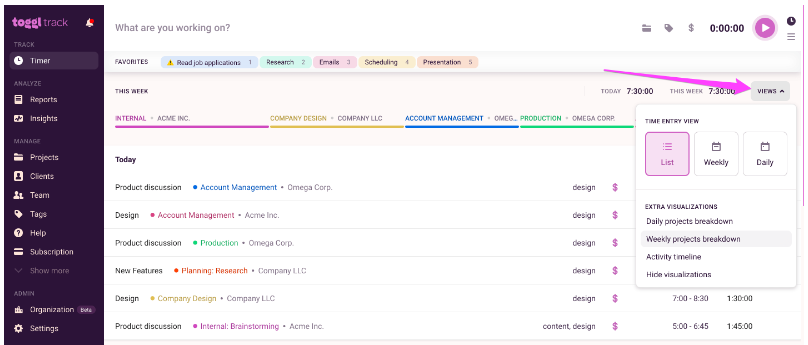
Toggl is a simple yet powerful time tracking app that allows users to track time spent on tasks and projects. It offers features like manual and automatic time tracking, project tagging, reporting, and integrations with other tools, making it a popular choice for time tracking and productivity analysis.
Harvest
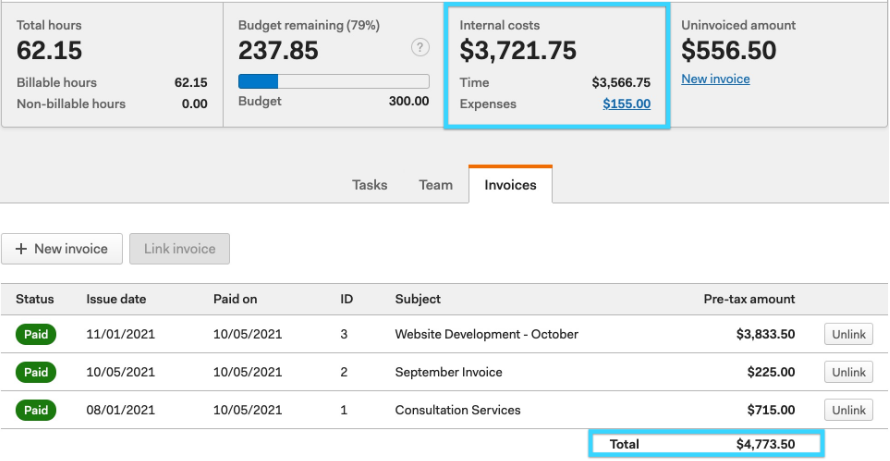
Harvest is a comprehensive time tracking and invoicing tool that is ideal for freelancers and teams. It offers features like time tracking, expense tracking, invoicing, reporting, and project budgeting, making it a comprehensive solution for managing time and finances.
Project Management Tools:
Asana
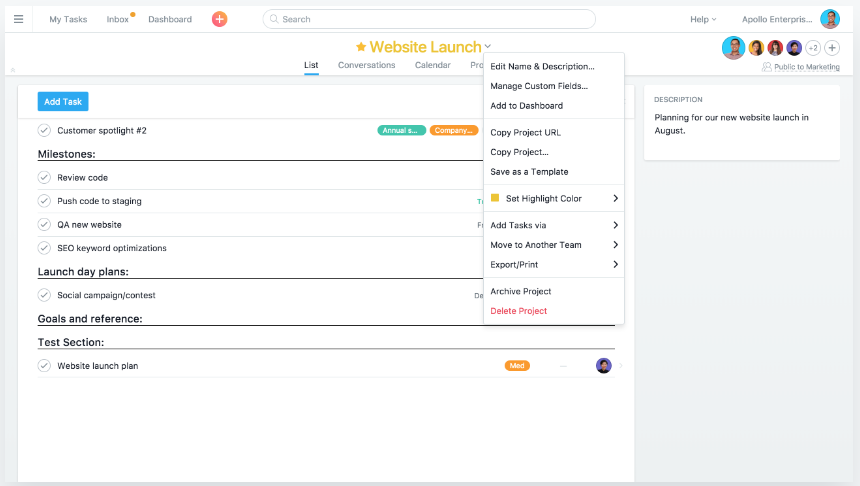
Asana is a collaborative project management tool that offers features like project planning, task assignments, progress tracking, and team collaboration. It also offers integrations with other tools, making it a powerful solution for managing projects and tasks in a team environment.
Basecamp
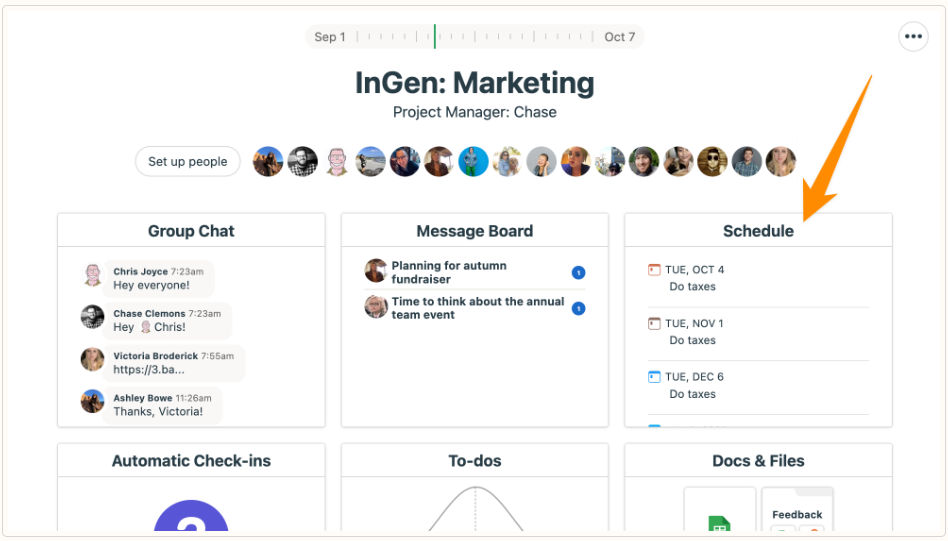
Basecamp is a popular project management tool that provides features like to-do lists, file sharing, messaging, and scheduling, making it suitable for team collaboration and project management. It offers a simple and intuitive interface, making it user-friendly and easy to adopt.
Calendar and Scheduling Tools
Google Calendar
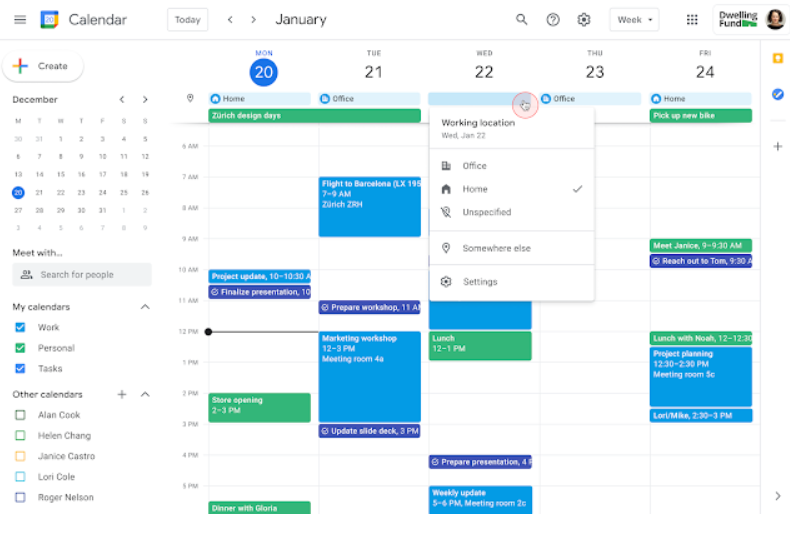
Google Calendar is a widely used calendar app that allows users to schedule events, set reminders, and share calendars with others. It also offers features like event invitations, calendar syncing, and reminders, making it a versatile tool for managing time and appointments.
Microsoft Outlook
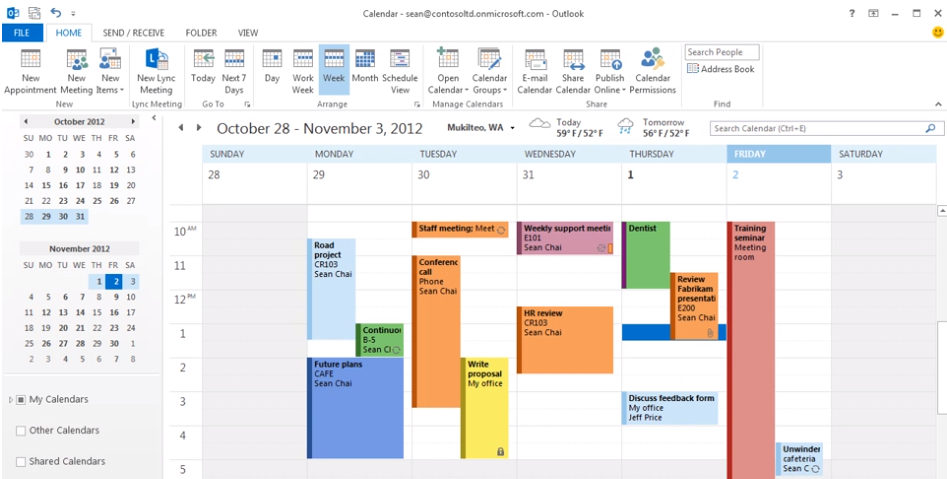
Microsoft Outlook is a comprehensive email and calendar app that offers powerful scheduling features. It provides features like event scheduling, reminders, calendar syncing, and email integration, making it a popular choice for managing time and tasks in a professional setting. It also offers features like task lists, notes, and contacts, making it a versatile tool for managing various work and personal life aspects.
Note-taking and To-Do List Tools
Evernote
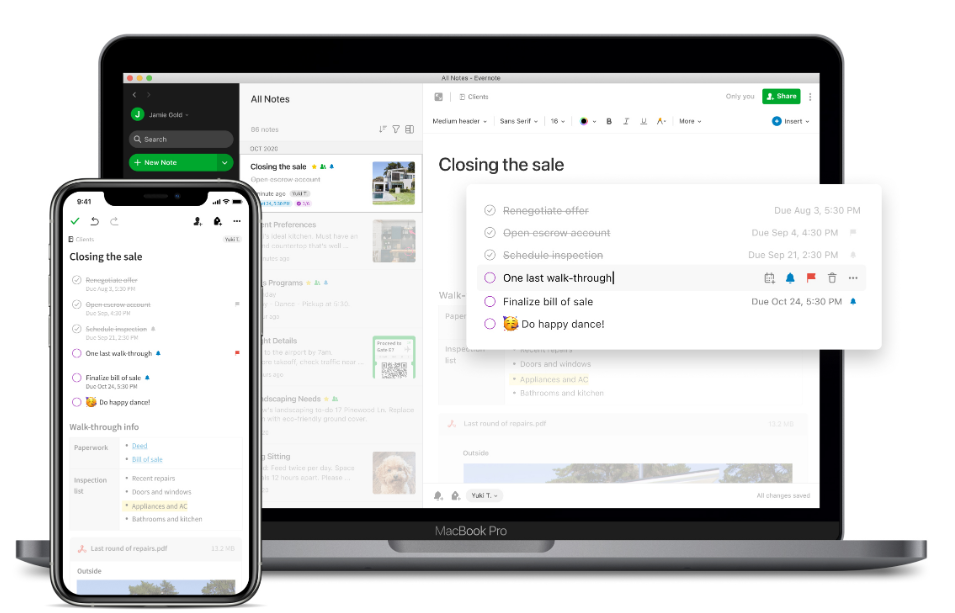
Evernote is a versatile note-taking app that allows users to capture and organize ideas, tasks, and notes in various formats like text, images, and voice recordings. It offers features like notebooks, tags, search, and synchronization across devices, making it a powerful tool for capturing and managing information.
Microsoft To Do
Microsoft To Do is a simple and intuitive to-do list app that helps users create and manage tasks and reminders. It offers features like task lists, due dates, reminders, and synchronization across devices, making it an easy-to-use tool for managing tasks and staying organized.
Choosing the Right Time Management Tools: Factors to Consider when Selecting Time Management Tools
When it comes to selecting the right time management tools for your needs, there are several factors to consider. These factors can help you choose a tool that aligns with your personal preferences, workflow, and requirements. Some key factors to consider include:
Personal preferences and workflow
Consider your own preferences and how the tool fits into your workflow. Do you prefer a visual task management tool or a simple to-do list app? Does the tool have a user interface that is intuitive and easy for you to use? Does it align with your preferred way of organizing and managing tasks? Consider how the tool fits into your unique way of working to ensure seamless integration into your daily routine.
Features and Functionality
Different time management tools offer different features and functionality. Assess the features offered by the popular project management tools that you are considering and determine which features are essential for your specific needs.
For example, if you need a tool with advanced project management capabilities, ensure that the tool you select offers those features. Consider the level of customization, integration with other apps, and the ability to set reminders, deadlines, and notifications.
Compatibility with devices and platforms
Consider the devices and platforms you use in your daily routine. Ensure that your time management tool is compatible with your preferred devices, such as desktops, laptops, tablets, or smartphones. Also, consider the operating systems you use, such as Windows, macOS, iOS, or Android, and ensure that the tool is compatible with those platforms.
Budget and cost considerations
Different time management tools come with different pricing plans, ranging from free to premium subscriptions. Consider your budget and cost considerations when selecting a time management tool. Keep in mind that while free tools may have limited features, premium plans may offer more advanced functionality. Assess the value for money and whether the features offered justify the cost of the tool.
Tips for Evaluating and Selecting the Best Time Management Tools

Research and compare different time management tools
Conduct thorough research and compare different time management tools available in the market. Read reviews, visit their websites, and evaluate the features and functionality offered by each tool. Consider how each online time management tool aligns with your needs, preferences, and workflow.
Read reviews and user feedback
Look for reviews and user feedback on the time management tools you are considering. Reviews can provide insights into the pros and cons of each tool, the user experience, and users’ overall satisfaction. User feedback can help you understand the real-world application of the tool and how it has helped others in managing their time.
Take advantage of free trials and demos
Many time management tools offer free trials or demos for users to test the tool before committing to a subscription. Take advantage of these trials or demos to get a hands-on experience with the tool and assess its features, functionality, and ease of use. This will help you make an informed decision about whether the tool is suitable for your needs.
Consider the learning curve and ease of use
Evaluate the learning curve and ease of use of the time management tool. Is the tool user-friendly and intuitive? Does it require a significant amount of time and effort to set up and learn? Consider the learning curve and ease of use, as it can impact your ability to adapt and start using the tool effectively quickly.
Assess the customer support and reliability of the tool
Consider the level of customer support offered by the time management tool provider. Does the provider offer responsive customer support, such as email or chat support, in case you encounter any issues or have questions? Also, assess the reliability of the tool, including factors such as uptime, data backup, and security measures. You want to ensure that the tool you select is reliable and will not cause disruptions in your workflow.
Wrap Up
In conclusion, choosing and utilizing the right time management tools can greatly enhance your productivity and help you achieve your goals. By considering factors such as personal preferences, features, compatibility, and budget when selecting a time management tool, and implementing best practices such as setting clear goals, prioritizing tasks, and utilizing reminders and time tracking, you can effectively manage your time and optimize your productivity. With the right approach, time management tools can be valuable assets in achieving success in your personal and professional life.
Frequently Asked Questions (FAQ) about Time Management Tools
What are time management software tools?
Time management tools are software or apps designed to help individuals and teams effectively manage their time, tasks, and projects.
What are the best time management apps and tools?
Some popular time management tools include task management apps, time tracking software, project management tools, and online time management tools.
How can time management tools help boost productivity?
Time management tools can help users prioritize and assign tasks to, set deadlines, track time spent on projects, and optimize time usage, which can lead to increased productivity and efficiency.
What are some effective time management techniques?
Setting clear goals and objectives, creating a daily or weekly routine, prioritizing tasks, breaking down complex tasks, setting deadlines and reminders, and collaborating with team members are some effective time management techniques.
Can time management tools be used for personal life tasks?
A: Yes, time management tools can be used for managing personal tasks, such as creating to-do lists, tracking time spent on activities, and managing personal projects.
How do time tracking features in time management tools work?
Time-tracking features allow users to track the time spent on tasks and projects, generate time-tracking reports, measure project profitability, and analyze time usage for optimization.
Can time management tools be used for team projects?
Yes, many time management tools have features for team collaboration, assigning project tasks together, and tracking progress on team projects.
Are there free plans available for time management tools?
Yes, some time management tools offer free plans with limited features, while others may require a paid subscription for full access to all features.
Are time management tools easy to use?
Most time management tools are designed to be user-friendly and easy to use, with intuitive interfaces and simple navigation.
Can time management tools be used for billing clients or paying employees?
Yes, some time management tools have features for tracking billable hours, managing budgets, and generating reports for billing clients or paying employees.
Can time management tools be used offline?
Some time management tools offer offline time tracking and task management features, while others require an internet connection for full functionality.
Are there time management tools suitable for small or large teams?
Yes, there are time management tools designed for both small and large teams, with features for team collaboration, shared calendars, and task assignment.
Can time management tools be used for different projects or tasks?
Yes, most time management tools allow users to manage multiple projects or tasks, with features for organizing, prioritizing, and completing tasks in different projects.
Are there customizable time tracking reports available in time management tools?
Yes, some time management tools offer custom time tracking reports that allow users to analyze time usage and generate reports based on their specific needs.
Do time management tools have features for measuring project profitability?
Yes, some time management tools offer features for measuring project profitability, such as tracking billable hours, expenses, and budgets and generating reports for project profitability analysis.
Can time management tools be used for attendance tracking?
Some time management tools may have features for attendance tracking, especially for remote teams, but it depends on the specific tool and its capabilities.
If you are into productivity apps , you might be interested in AI writers like CopyAI, Peppertype, Quillbot or Writecream. Read more here. I also write at Medium.


